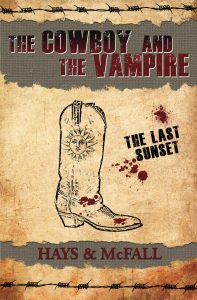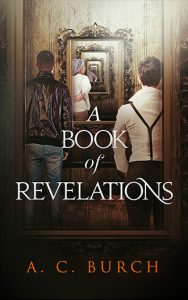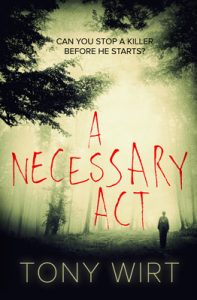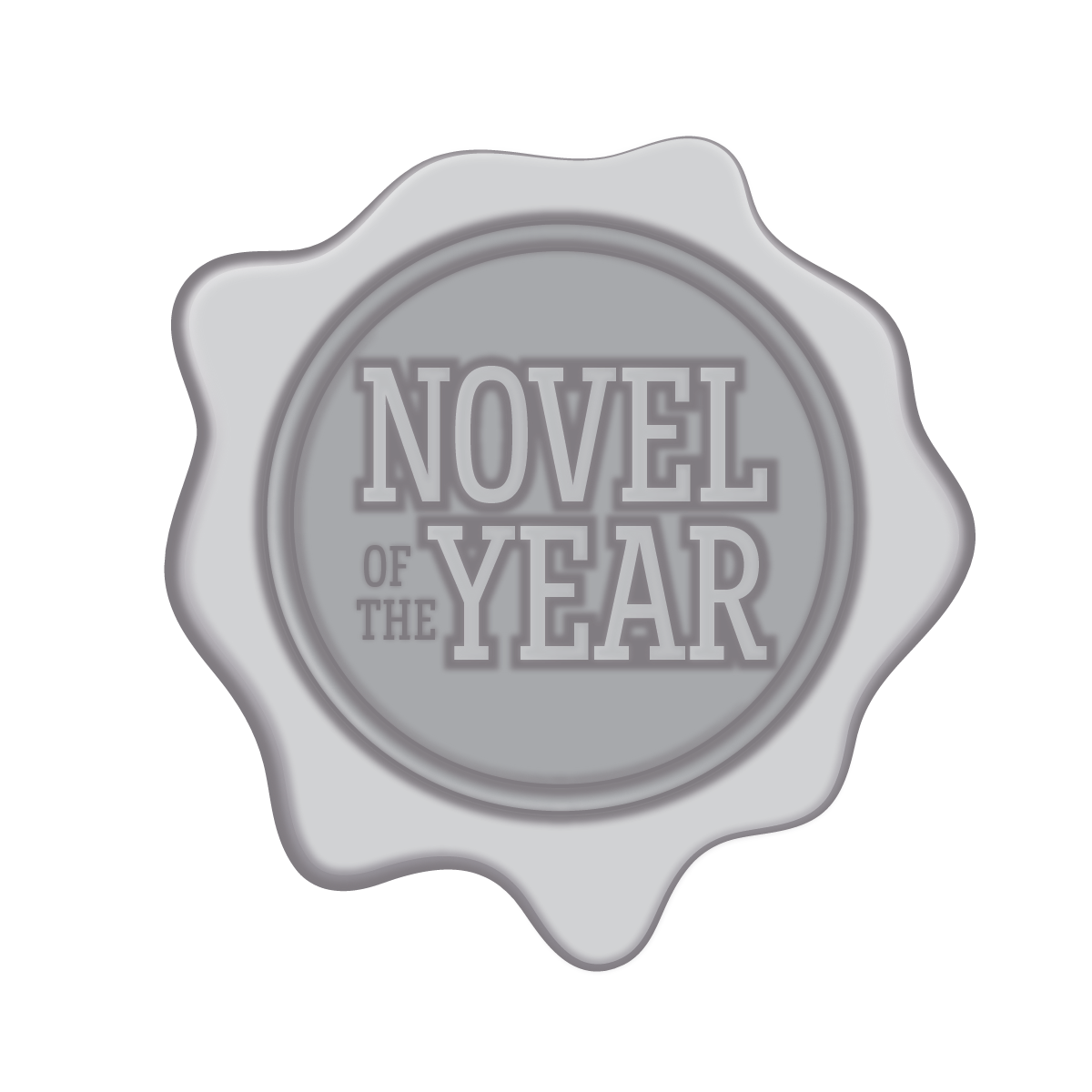The Rundown
The Recommendation
The Rating
The Links
The Reviewer
Renee Miller
Visit Renee Miller‘s website.I’ve heard it said that short fiction is dead. No market for it. Readers don’t want to it. I’ve also heard it said that no one has time for anything longer than a novella. Readers want instant gratification. The novel is dead.
Both camps are wrong. Readers want you to write as many words as the story requires. Period.
This week, though, let’s just focus on short stories. What’s the point of a quick read, right? I mean, what are you going to do with a twenty- to thirty-page story? Readers want more for their money. Maybe. You don’t have to do anything with the short stories you write if you don’t want to. Writing short fiction doesn’t have to be about making money, but it is valuable.
I haven’t written short fiction in ages. Once I latch onto a character or idea, I tend to take it as far as I can. I have to discipline myself to write short stories. It takes a lot of effort to shrink my world and its characters into a few thousand words, which is why I’ve avoided it. Yes, sometimes I’m lazy. I also know that I can write two or three short stories a day, depending on the length. They’re not all gems, but once I start, the ideas pile up and I can become hyper-focused to the exclusion of my longer projects. So, I stopped for a while. I don’t know why I waited so long to pick it back up. Over the past couple few months, I rediscovered my love of short fiction, but this time I’m being strict with myself about limiting the writing to one story per day. No more. No less.
Now I have dozens of short stories just floating around my hard drive. Do I sell them? Not all are worthy of publication, so no. I’m a realist. I know some of my writing is practice and should never be viewed by anyone else. Some are pretty damn awesome, though, and I’m submitting them wherever I can. There’s no money in short stories, you might be saying. Why bother? Well, you’re wrong. It can be profitable, but that’s not the main reason you should write it.
For one, it’s an excellent way to keep your readers satisfied between novels. Publish new stories on your website, submit to magazines or anthologies, compile your own anthology, or publish them yourself. However you choose to get the story to readers, it’s an effective way to keep them hooked. (as long as the stories are good, that is) And they can make money. For example, after publishing in magazines or anthologies, the rights to that story will eventually revert back to you. When they do, you can try to publish as reprints in another publication, or compile them yourself and sell them as a collection. That’s money made more than once on a single piece.
Submitting short pieces to contests, magazines or anthologies also mixes you in with other authors, which helps expand your network, brings your work to new readers, and it can introduce you to some pretty talented people who might teach you a thing or two. That’s always handy.
“Renee, no one reads short stories anymore,” you keep saying. You’re wrong again. I have a couple of short pieces I published myself, and they’re the most consistent sellers of all of my work. Sure, I earn peanuts per sale, because they’re priced really low, but I’m being read. Always a good thing.
And did I mention it keeps readers happy between books? I did. Let’s say you have a series and you’re being all George R.R. Martin in the writing. That’s okay. We write at our own pace and there’s no rushing greatness. Between installments in the series, short stories are a fantastic way to keep your readers involved with the characters in the series. Write a short piece within the world you’ve created. Maybe take a minor character and flesh them out a little with their own adventure, or write a prequel for your main characters. If you write standalone novels, you’ve probably been urged by readers at least once to write a follow up, particularly if a specific character resonates with them. This is a great way to give them a little more of that character or world without committing to a series. Maybe a ten years later kind of thing, or a mashup of two different books, where your main characters meet in another “world.” The possibilities are endless and your readers will thank you for giving them a little more. (And short fiction makes great “bonus material” you can use to promote a particular book at the end of another book.)
The biggest reason to write short fiction, though, is that it improves your skills. It’s challenging for many reasons. For example, you’re working in a very limited frame in terms of word count. It challenges you to be sparse, to keep only the best words and to really define your characters so the reader bonds instantly.
This format also allows us to experiment with style, POV and genre. Few of us want to do that with 80,000 words. If it doesn’t work, there’s weeks or months of writing “wasted.” Writing a few hundred words in a style or POV you’ve been curious about, though, isn’t a big deal. If it’s a flop, whatever. You tried. But if it’s not…
So, how do you get into the habit of writing short fiction? You could work from prompts. I do that sometimes. I bought a book of writing prompts a while back. Some of them are lame, but it’s fun to try to make a lame prompt work. You could try free writing, where you just vomit whatever’s in your head onto the page. Some awesome ideas have happened for me this way. Milo Smalls, for example. Choose a method and then set a schedule. You don’t have to write short pieces every day like I do, but try to be consistent. One or two days a week, or maybe you devote a weekend or a week each month. It all works as long as you can stick to it.
And submit to anthologies and publishers. You never know what might happen. A sale is good for your portfolio and helps market you to new readers. Even if you don’t get a bite, I’ve found that rejections in the short fiction market often include feedback that tells you what didn’t work for them and what they liked. Use this to improve.
And finally, it’s just fun. If you do nothing else with what you’ve written, this format can remind us of what we love about writing fiction, which is easy to forget in the soul-shattering world of publishing.
So I challenge you to spend part of 2017 (at least a couple of months) dabbling in short fiction. Make a promise to yourself and set a schedule. Use short pieces to experiment with a new POV or genre. Play with style and voice. Try a method you've always enjoyed but were too afraid to tackle. When you’re done, submit your favorites to anthologies or contests. Publish one or two yourself, if you’re so inclined.
And have some fun.









